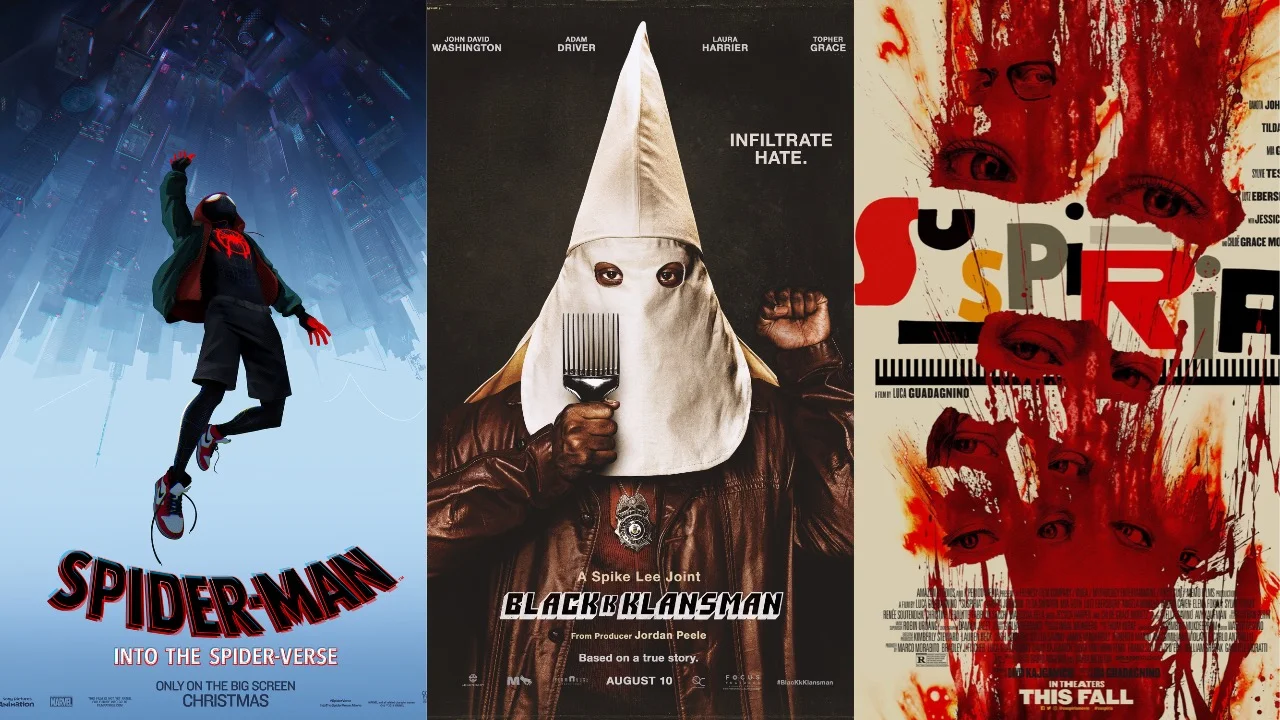The Richest Man in Town: It's a Wonderful Life (1946)
For many, the holidays in general and Christmas in particular, can be a very difficult time of year. It certainly is for me. There is a consistent pressure to enjoy yourself, to be with family, and to enjoy the season with a smile on your face, no matter how forced. Christmas is also a time of tradition, whether it is how or when you open presents, specific meals, or various religious services. I, of course, grew up with many of these experiences, but most of those have gone by the wayside. I won’t bore you with the painful details of why these have disappeared, but there is one tradition that still survives.
That tradition is an annual viewing of It’s A Wonderful Life. This has always been my favorite Christmas movie, and probably always will be. And yes, I know there are problems, specifically with its treatment of race and the inherent sexism of the time, leading to a character becoming an old maid because our protagonist wasn’t around. Despite this, It’s A Wonderful Life remains pure in my eyes. It was much more difficult to watch this year, as my mother has moved out of state and I couldn’t watch it with her. We exchanged text messages about this fact, which made things both better and worse.
Despite the ups and downs in this particular relationship, or perhaps because of them, It’s A Wonderful Life, is the perfect movie for my mother and me. The obvious main lesson of the film is that we all matter, and we make an impression. You don’t have to be famous, you don’t have to travel the world, you don’t even have to be rich and successful to make a dent. Just by living a full life with people, we matter.
The film follows George Bailey (James Stewart) who has completely lost hope, to the point of considering suicide. This is thankfully interrupted by his guardian angel, Clarence (Henry Travers). His angel then grants his request in wishing he had never been born. This enables George to eventually see just how much he matters to the people in his life. ‘
More than anything else, It’s A Wonderful Life is a lesson in perspective. It is easy to focus on our failures, all of the things we have not done or accomplished. What director Frank Capra is trying to tell us is that we have already won, just by struggling and living. George Bailey has almost escaped his hometown of Bedford Falls many times, but it has never worked out. Every time he has had to stay at home was because he’s had empathy for his fellow man and always done the next right thing. He doesn’t realize it, but the world would be so much better off if there were more George Baileys. His wife, Mary (Donna Reed) knows it and tries to make him see it, but all George focuses on is what he has not yet done. He has a happy family, friends, and has touched countless lives. His lack of greed is his saving grace, and is epitomized by Bailey Park. With Bailey Park, George has enabled the disenfranchised to own homes, right under the nose of villain industrialist, Mr. Potter (Lionel Barrymore).
Potter is the perfect foil for Bailey. He cares about only one thing, profit. No matter who suffers, they only count as dollar amounts on a page. In a particularly moving scene, Potter is within a hair’s breadth of employing George. George even takes a cigar (an obvious nod to Potter’s wealth and power) before coming to his senses and standing his moral ground. This is desperately important because it shows us that George is not perfect, but will always attempt to do the right thing when push comes to shove. George Bailey, despite his lack of stereotypical success, is who we should all aspire to be in the end.
But It’s A Wonderful Life is not a study in George Bailey’s professional acumen. His relationships with his friends and family is the true focus. His friends and family see him for what he really is, especially when George cannot. When Clarence shows George what Bedford Falls would be without him, the most impactful moments are not the loss of money or professional gain. It is the sadness of his friends, the destruction of his birth family, and the nonexistence of his marriage and children. As we see his panic growing, through an iconic performance from Stewart, we become increasingly terrified that there is no turning back.
When this curse is finally lifted, there is such a palpable sense of relief that we must be reminded of the stakes. Due to a mistake by a family friend involving missing money, George is on the hook for some serious jail time. But George’s near manic sense of happiness is infectious. The realization of just how lucky he is should bring a smile to the face of even the most cynical viewer. And the town rallying around George is honestly one of the most memorable scenes ever put to film. As George’s younger brother Harry states at the conclusion of the film, “A toast to my big brother, George: the richest man in town.”
The lessons of this film and my own relationships (particularly with my mother) have taught me this. No matter what our culture tries to hammer into our heads, we are all connected. We impact one another. We can’t take it with us, so it is important that we focus on these connections and remember what really makes us rich in the end. Not money, not success, but the love of family and good friends.












